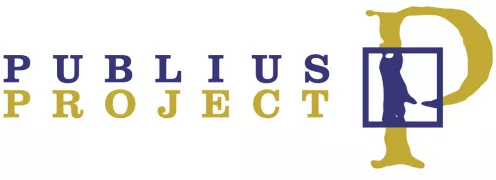
Voter deception 2.0
With less than two weeks remaining before the US presidential election, the Publius project has released a timely essay on the danger of vote suppression tactics potentially migrating into cyberspace:
- Tova Andrea Wang, "Vote Suppression in a Digital Age"
Wang argues that suppression online, like chain email misinformation, can be countered by active, networked myth-busting efforts, in combination with more conventional means. (Or in other words, the best defense against a distributed problem may be a distributed, community solution.)
The essay is based on a recently released report, “Deceptive Practices 2.0: Legal and Policy Responses,” by Common Cause, the Lawyers Committee for Civil Rights under Law, and the Century Foundation.
A version of "Vote Suppression in a Digital Age" has been published as an op-ed in the Miami Herald: "Don't fall for vote-fraud tricks."
For related writings in the growing Publius collection, check out the Foundations of Participation cluster of essays.
Publius brings together a distinguished collection of Internet observers, scholars, innovators, entrepreneurs, activists, technologists, and still other experts to write short essays, foster a public dialogue, and create a durable record of how the rules of cyberspace are being formed -- with a view to affecting their future incarnations.
All of these essays are being published under a Creative Commons license to encourage remixing and broad dissemination. And our expectation is that the project will evolve organically, growing with each contribution and progressively uncovering additional relevant issues, worthwhile framings, and insightful perspectives. Please participate in this process by posting your opinions and reactions via the comments sections on the Publius site.